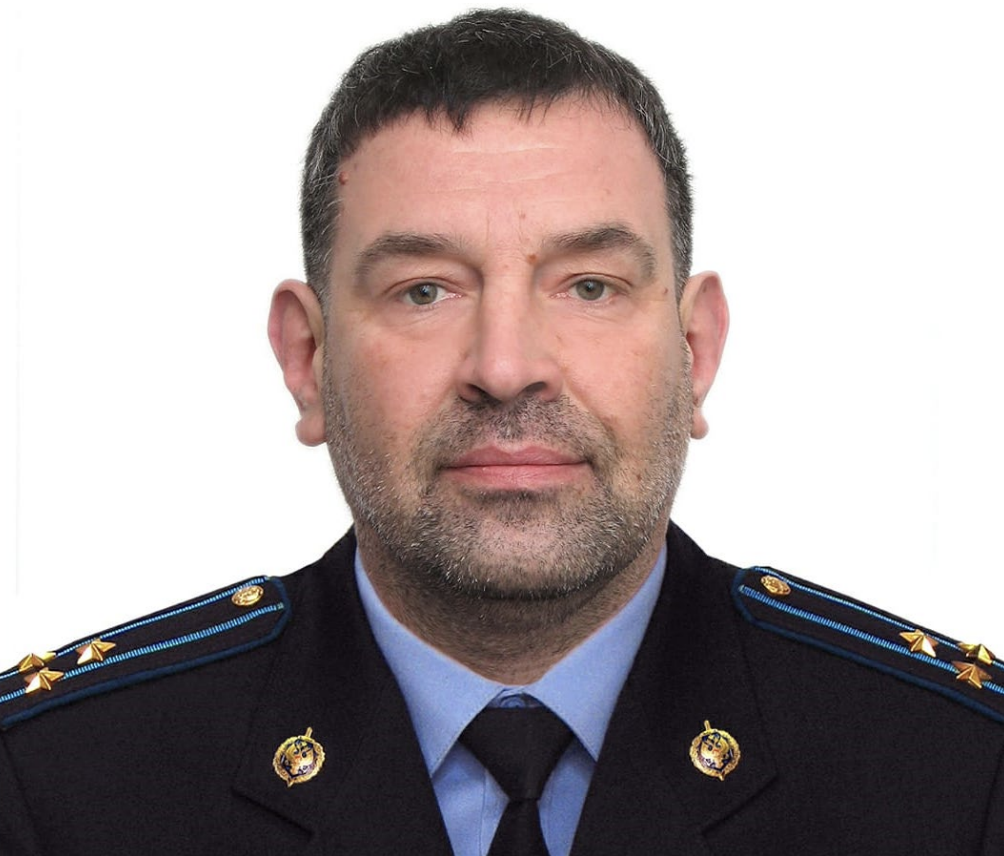After the announcement on August 1, 2024, of a significant multilateral prisoner exchange between Russia and the United States, most of the coverage of the deal has focused on the return of the U.S. citizens and of an apparent FSB assassin to Russia. In addition to these high-profile individuals, an individual alleged to have been involved in illicit procurement on behalf of Russia's war effort was also released: Vadim Konoshchenok, a 48-year-old Russian citizen suspected of being a Colonel for Russia’s Federal Security Service (FSB).
Authored by Max Kossek, Linus Hoeller, and Ian Stewart
Konoshchenok was arrested in Estonia and extradited to the U.S. in July 2023 for allegedly coordinating an international smuggling network to provide U.S.-made electronics and ammunition to Russia’s military. From the details presented in the indictment, it appears that Konoshchenok was an undeclared operative of the FSB based in Estonia. In electronic communications with associates, Konoshchenok reportedly identified himself as an FSB Colonel and his electronic equipment contained FSB contacts.
Konoshchenok is alleged to have coordinated an FSB-run smuggling network that used front companies affiliated with Serniya Engineering and Sertal LLC to evade sanctions. In March 2022, the U.S. Treasury Department sanctioned Serniya Engineering and Sertal pursuant to Executive Order (E.O.) 14024 for acting as the center of a cross-national procurement network run by Russian Intelligence Services. The companies used front companies based in France, Malta, Russia, Singapore, Spain, and the United Kingdom to procure dual-use items for Russia’s defense sector.
Since the start of war, Russia’s defense apparatus has relied heavily on front companies to evade sanctions. Open-source reporting, export data, and third-party customs data indicate that front- and trading companies located in Hong Kong and China have played the largest role in Russia’s supply network.
Since Russia’s full-scale invasion of Ukraine in February 2024, the U.S. and its allies have imposed strict export controls, and a series of sanctions targeted at entities believed to be involved in furthering Russia’s military aims. The U.S., European Union, Japan, and United Kingdom have also jointly developed a Common High Priority List of Harmonized Digit (HS)—a classification system of descriptors used to signify different sorts of goods—codes that include items at a high risk of illegal diversion by Russia. This high-priority items list includes various classifications of integrated circuits, microelectronics, and machine tools that Russia struggles to produce itself or views as valuable for its war aims.
The location of Konoshchenok’s activities, Estonia, is significant because it provides further evidence that Russia has used—and likely continues to use—transshipment and bordering countries to procure export-controlled items. UN Comtrade analyzed by CNS show that exports to Russia of Common High Priority List items from transshipment countries—such as Armenia, Kazakhstan, Kyrgyzstan, Serbia, Türkiye--sharply increased after Russia’s invasion in February 2022. Illicit networks are not captured by the official trade and customs data, so these items likely only account for some fraction of Russia’s procurement of export-controlled items. Estonia, central to Konoshchenok's scheme, is a NATO and EU member. It is also on the Russian government's “list of unfriendly countries” and supportive of Western sanctions on Russia. The fact that it and other Western states have served as hubs for the procurement of controlled items for Russia's war effort highlight the difficulties in comprehensively enforcing these restrictions.
Conclusions
The prisoner exchange ends the criminal case against Konoshchenok, who is one of the few alleged foreign intelligence operatives to be arrested and extradited in recent history. Konoshchenok being part of such a high-profile exchange may be an indicator that individuals involved with Russian dual-use goods procurement and money smuggling are seen as valuable assets by the Russian state. While Serniya Engineering and Sertal illicit procurement networks have been publicly exposed, the broader challenge with how to deal with Russia’s systemic efforts to evade controls to procure foreign goods for its war machine remains. With the resources of intelligence organizations like the FSB, Russia will likely develop more sophisticated schemes to meet its urgent war needs while complicating monitoring and enforcement actions. While the release of Konoshchenok may fuel the view that there is little consequence for those behind such schemes, interrupting these illicit networks will slow down Russia’s defense procurement and serve as a deterrent for other individuals considering participating in such schemes.
